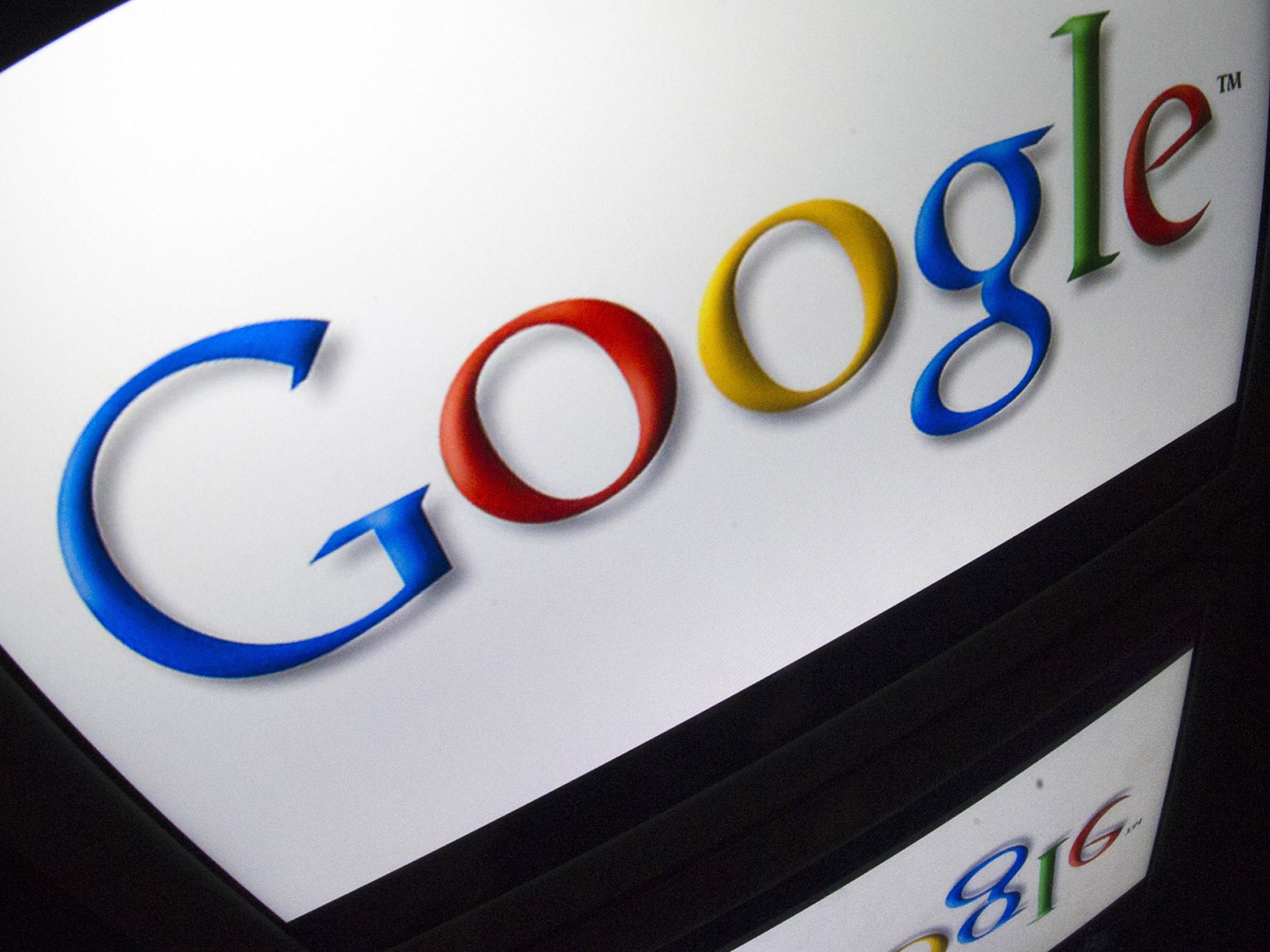Google: Gmail users can’t expect privacy when sending emails
A lawsuit says the tech giant is breaking the law when it scans emails to target adverts to users

Your support helps us to tell the story
From reproductive rights to climate change to Big Tech, The Independent is on the ground when the story is developing. Whether it's investigating the financials of Elon Musk's pro-Trump PAC or producing our latest documentary, 'The A Word', which shines a light on the American women fighting for reproductive rights, we know how important it is to parse out the facts from the messaging.
At such a critical moment in US history, we need reporters on the ground. Your donation allows us to keep sending journalists to speak to both sides of the story.
The Independent is trusted by Americans across the entire political spectrum. And unlike many other quality news outlets, we choose not to lock Americans out of our reporting and analysis with paywalls. We believe quality journalism should be available to everyone, paid for by those who can afford it.
Your support makes all the difference.Users of Google’s email service Gmail should have no “legitimate expectation” that their emails will remain private, the company has said in a submission to a US court.
Consumer Watchdog (CW), a US pressure group, described Google’s statement as a “stunning admission” of the extent to which internet users’ privacy is compromised.
The document was lodged by Google in a California court in response to a lawsuit that accused the web giant of breaking US laws when it scans emails in order to target adverts to users.
Google, which has more than 425 million Gmail users worldwide, said in its submission: “Just as a sender of a letter to a business colleague cannot be surprised that the recipient’s assistant opens the letter, people who use web-based email today cannot be surprised if their communications are processed by the recipient’s ECS [electronic communications service] provider in the course of delivery.”
Citing other case law, it adds: “Indeed, a person has no legitimate expectation of privacy in information he voluntarily turns over to third parties.”
CW spokesman John Simpson said: “Sending an email is like giving a letter to the Post Office. I expect the Post Office to deliver the letter based on the address written on the envelope. I don’t expect the mail carrier to open my letter and read it. When I send an email, I expect it to be delivered to the intended recipient with a Gmail account based on the email address; why would I expect its content will be intercepted by Google and read?”
Last night, John Whittingdale, chairman of the Culture, Media and Sport committee in the UK, said while companies should make their terms and conditions transparent, email and social media users needed to be aware of what they were signing up to when using free services.
Mr Whittingdale said when UK internet users sign-up to terms and conditions online they need to better understand how their information might be used. “Once consumers are fully aware in the vast majority of cases they would be happy. But it needs to be clearer and people need to be better informed and it needs to be more explicit,” he said.
In the California suit against Google, the plaintiffs claim that the company “unlawfully opens up, reads, and acquires the content of people’s private email messages”. In its motion to dismiss the case, Google said the plaintiffs were making “an attempt to criminalise ordinary business practices” that have been part of Gmail’s service since its introduction.
In the submission, which was filed in July but has only just been unearthed, Google said “all users of email must necessarily expect that their emails will be subject to automated processing”. But, it added, the practice of targeted advertising was industry wide.
It said: “If plaintiffs used Yahoo mail, they would have known that automated scanning of emails to deliver advertising is a common industry practice not limited to Gmail.”
A Google spokesman added: “We take our users’ privacy and security very seriously; recent reports claiming otherwise are simply untrue. We have built industry-leading security and privacy features into Gmail -- and no matter who sends an email to a Gmail user, those protections apply.”
Join our commenting forum
Join thought-provoking conversations, follow other Independent readers and see their replies
Comments